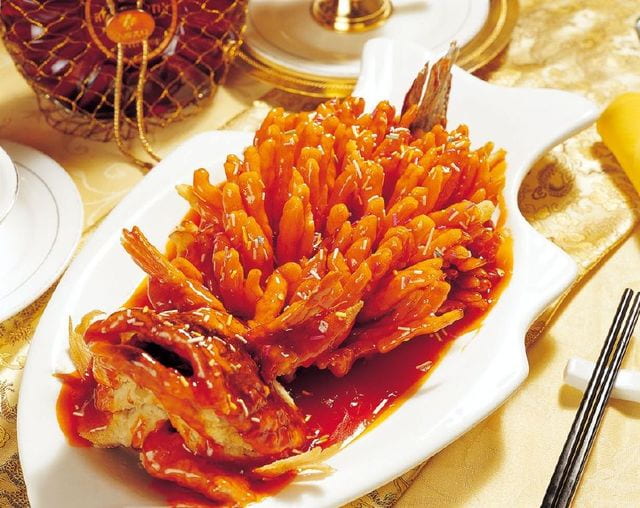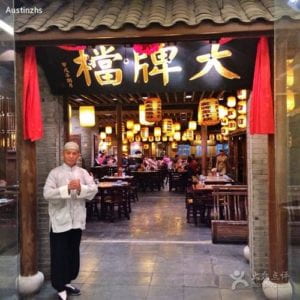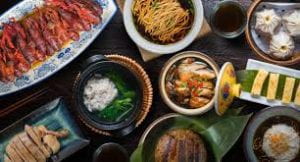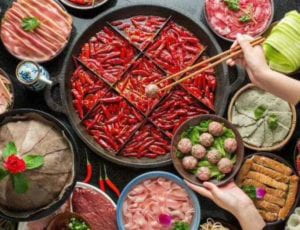In Cohen’s article, Living the Good Life, he mentions that, Manchu emperors try to achieve a dominant status in the cultural life of the Chinese elite, in order to define their culture as well as distracting them from the political power, and food is a perfect topic in Chinese culture. Food bears much more meaning than its original function. We can see something through the TV series, Empresses in the Palace, which is very popular among Çhinese people.
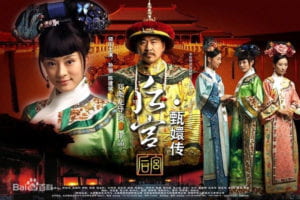
The series tells the story of Zhenhuan, an innocent girl who becomes the most powerful woman among the Yongzheng emperor’s many wives by defeating her opponent step by step. Food appears much frequently than any other item as a necessary element to depict the luxury way of people’s lives in the Qing Dynasty as well as the fierce infighting among women.
As a symbol of status
Food is viewed as a symbol of political status in the Qing Dynasty. In Empresses in the Palace, the Yongzheng emperor eats the best food(in the meaning of value, nutrition, function, and so on), and has the power to give whatever in the warehouse to whatever he wants. He usually sends fresh fruit, which is hard to get because Beijing is remote from the origin of many fruits to the one he loves most at that moment, to show his favor and generosity. Also, when he feels someone needs to be awarded, food is a good choice, too. Hierarchy exists everywhere in a feudal society, so as to the emperor’s harem. Theoretically, the queen should have enjoyed the best food among the emperor’s women, but in Empresses in the Palace, Hua enjoys a much more luxury food consumption, because she has a potentially higher political status than the queen for the sake of her brother, Nian Gengyao, who is the most important officer in the court. By emphasizing the significant differences between Hua and the queen’s daily meal, their status is indicated.
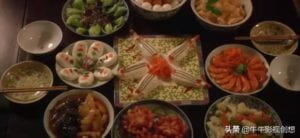
As a tool to achieve a specific purpose
What surprises me most is when an imperial concubine Cao’s daughter was taken by Hua to show her mercy to children to the emperor ostensibly, but in fact, she poisoned the little girl to frame Zhenhuan secretly. Cao was so afraid of Hua’s power that she was not able to tell the truth to the emperor. Instead, she cooked a bowl of lotus seeds soup for the emperor without getting rid of its core, which tastes bitter. When the emperor was eating the soup, he suddenly understood what Cao wanted to tell him, although she did not say even a word to him. It is because the lotus seeds pronounce as Lianzi(莲子) in Chinese, which reads the same as Lianzi(怜子), means to have mercy on your child. As a result, the emperor asked Hua to give Cao’s daughter back to her. The most common way to use food as a tool is to cook it by the imperial concubine themselves and send it to the emperor, to show their love and consideration to him, thus improving their status. (If you want to watch the TV series, click this link.)
Really amazing, isn’t it?


